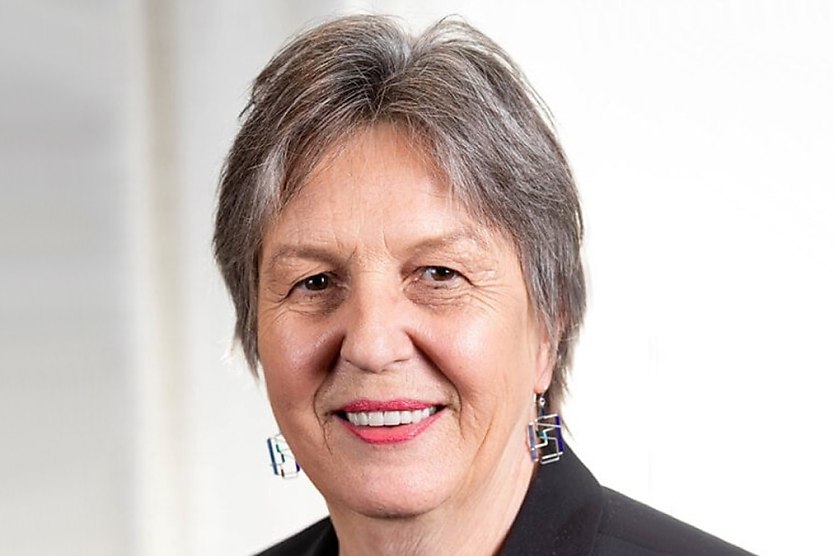Workplace bullying turns colleagues into foes
SHARE THIS ARTICLE

Bullying in the health system can be extremely disparaging for the health professionals themselves, and it can affect the individuals in their care.
The power dynamics and hierarchy in the health system have been a catalyst for alarming stories of workplace bullying, harassment, and gross mistreatment throughout the industry.
Recently, HR Leader highlighted a sexual harassment case where an experienced doctor harassed both his patients and his colleagues throughout his tenure at a Perth-based clinic. Pair that with the ongoing issue of hospital assaults against workers, health professionals are dealing with a number of dilemmas that have no place in what already is an extremely stressful line of work.
Brenda Happell, professor of mental health at Southern Cross University, reflected on some of her own experiences in the health profession, expressing how she had to sacrifice the work she loved to salvage her own mental and physical health.
“It broke my heart leaving when and how I did. I simply couldn’t take it anymore. I had to go. I felt like my life depended on it,” Happell said.
In her book, Sickness in Health: Bullying in Nursing and Other Health Professions, Happell spoke on the toxic environment that is created by workplace bullying, which was often done in subtle yet hurtful forms. She cited micromanagement, changing goalposts, undermining, withholding resources, and imposing unreasonable work demands as some key examples.
“Why does bullying at such a scale continue? Surely there are structures in place where it can be addressed and resolved. Unfortunately, this is not the case and certainly wasn’t for the champions,” Happell said.
Happell spoke to 12 other health professionals – who she refers to as champions – who also shared their variety of experiences with workplace bullying in the health industry, highlighting the widespread and damaging trend that spans a number of health classifications.
“If you don’t have a good culture and strong leaders who will pull these people aside and say, ‘That’s not good enough here’, it can happen anywhere in any workplace. People don’t have management training. They just get put into these positions,” said Rory, a medical practitioner who was interviewed for the book.
An overwhelming feeling of having “nowhere to turn” is how many of the respondents described how they felt while tangled in the cesspool of workplace bullying. Many stated they made a number of attempts to reduce the behaviours that were occurring either informally through direct communication or, more formally, through human resources (HR) departments and unions.
Yet to no avail, and worse, going through these processes often resulted in further bullying, exclusion, distrust, and ostracism.
“Very few people I’ve known have achieved any favourable resolution from HR. It is clear they are there to support management. If you’re being bullied by management, you have no hope,” Happell said.
“Everything we know about workplace bullying in health points to toxic environments, unqualified and often unsuitable managers, HR departments supporting management and unions that seem powerless to do much at all.”
“How can professionals practise safely and effectively in these circumstances? They can’t. We hear time and time again about the shortage of health professionals. When will we stop eating our young and not so young? Something must give. Not only for the sake of health professionals, but for the public who rely on health services, and indeed sometimes their lives depend on them.”
Kace O'Neill
Kace O'Neill is a Graduate Journalist for HR Leader. Kace studied Media Communications and Maori studies at the University of Otago, he has a passion for sports and storytelling.

